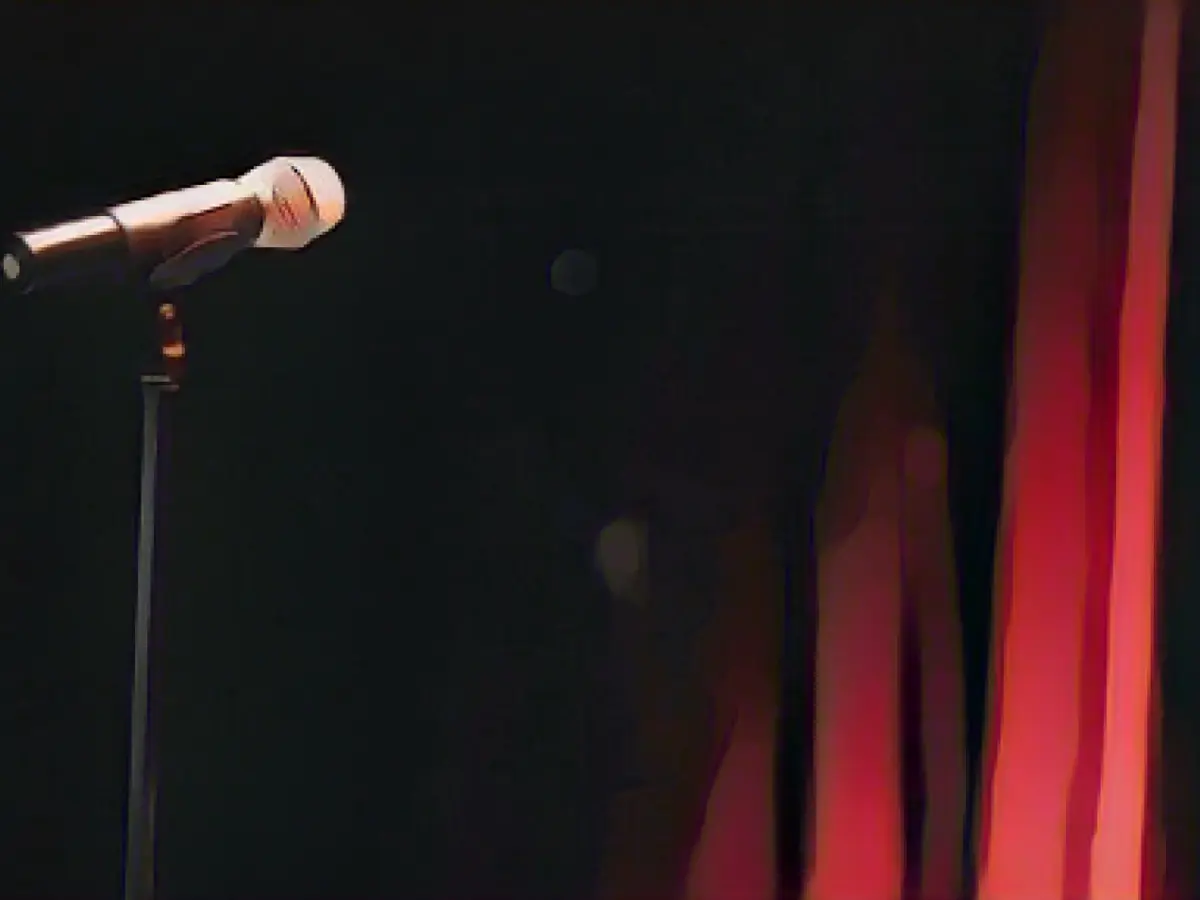Music honors for State Philharmonic Orchestra of Rhineland-Palatinate
The 20,000 euro Innovation Prize 2023 from the German Orchestra Foundation goes to the Deutsche Staatsphilharmonie Rheinland-Pfalz. The awarded title was earned through the 'Competence Centre for Music' project, making this orchestra the first professional German orchestra to experiment with a completely new working model. This model allows employees to devote up to 20 percent of their working time to projects outside of regular orchestra operations, fostering creative potential.
New ideas are scrutinized by all employees and further developed if positively assessed. If approved, a selection committee, including the orchestra board, decides on implementation. "This pilot project is groundbreaking in the German orchestral landscape, potentially revolutionizing how orchestras perceive themselves and operate," said jury chairman Louwrens Langevoort. The annual award has been presented since 2017.
The Deutsche Staatsphilharmonie Rheinland-Pfalz expressed delight in receiving the award. Artistic Director Beat Fehlmann emphasized, "The diversity of activities we've developed during the pandemic clearly emphasizes our organization's creativity." As an orchestra, they must maintain a close connection to society.
In the orchestra's pursuit of innovation:
Orchestras alike are rethinking their conventional roles in modern society, as illustrated by the Foundation for the Future of Classical Music. This initiative confronts classical music's challenges by focusing on growing demand, fostering connoisseurship, and promoting a classical music renaissance. This ecosystem shift towards more inclusive and community-driven approaches could influence traditional orchestral models.
Furthermore, Hamburg's music scene underscores the significance of community engagement and outreach. Programs focused on underprivileged children provide musical instruction and contribute to social equality, altering the traditional role of orchestras in communities.
Branding strategies based on longevity and cultural excellence are essential for orchestras to present themselves more professionally and market-oriented, as discussed in source [3]. This shift could involve redefining how orchestras engage with their audiences and communities, ultimately promoting sustainability and growth.
Lastly, the challenges orchestras face in securing funding requires strong philanthropic support and strategic fundraising. Collaborative and sustainable working models that engage communities and donors can emerge, ultimately ensuring long-term funding.
While the 'Competence Centre for Music' project isn't directly described in the provided sources, these broader trends suggest that German orchestras are exploring innovative strategies to strengthen community engagement, marketing, and funding. By embracing these changes, classical music becomes more relevant, accessible, and sustainable in modern society.








